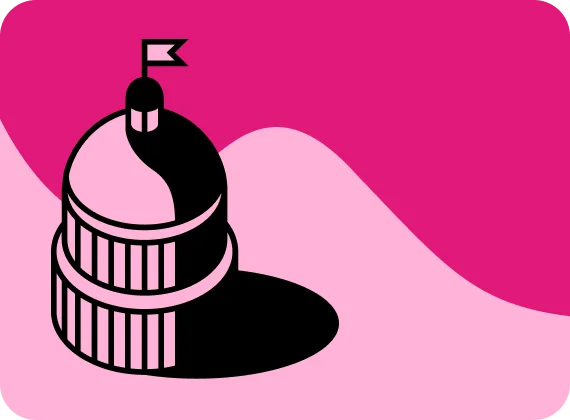Data guides
Making sense of complex issues can be overwhelming. Data guides break down a curated set of government data so you can get a better understanding of civics topics at your own pace.
Reports
The USAFacts annual publications help provide more clarity and context on complex government decisions.
2025 Government 10-K
A comprehensive report on government finances, metrics, and risk factors modeled after the 10-K report businesses file with the Securities and Exchange Commission.

2025 State of the Union
An interactive, data-driven snapshot of the Union — based on topics often covered in the Presidential State of the Union addresses.

America in Facts 2025: A Data-Driven Report for Congress
Nonpartisan insights on the nation’s population, economy, health, and other key policy areas that inform policymaking.

2024 State of the Facts
Insights from USAFacts polling on how Americans feel about facts, data, and where they can access unbiased information.





